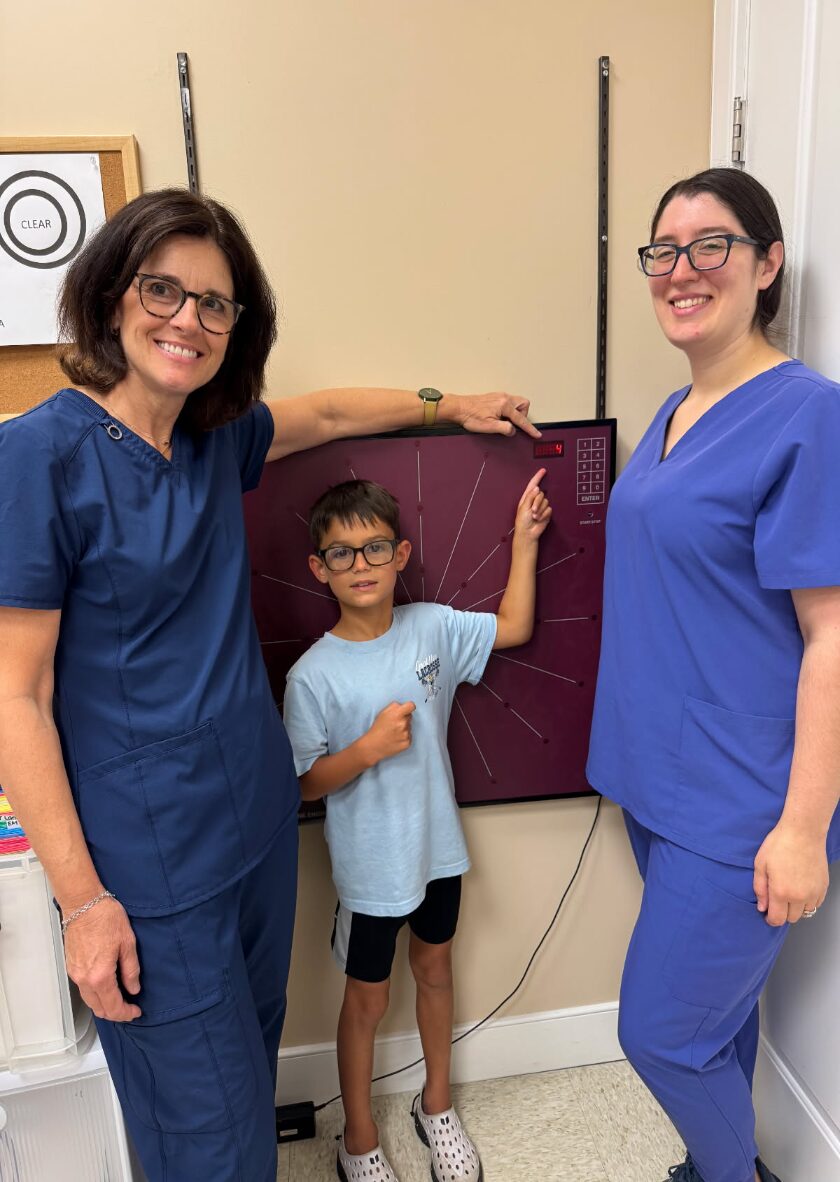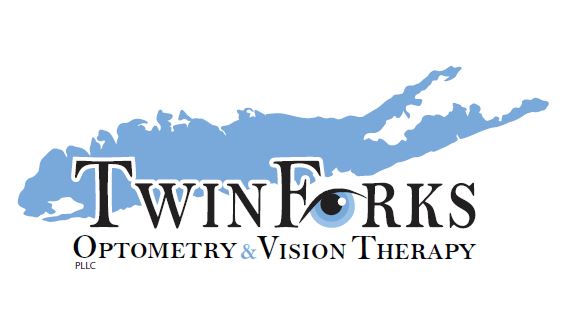
The VIEWSletter March 2019
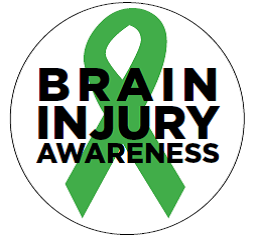
Photo Credit: www.cflantern.org
March is Brain Injury Awareness Month– a time to recognize how common brain injuries are and how to help make lives better for the people who have sustained this type of trauma. According to the Brain Injury Alliance, 2.5 Million Americans sustain a brain injury each year.
THE BRAIN

First, let’s learn a little about the brain. The brain, which is contained in the skull, is the central organ of the human nervous system that receives information through our five senses: sight, smell, touch, taste and hearing. The brain also controls our thoughts, speech, memory, movement of our limbs and function of the organs within our body. It is comprised of 60% fat and is one of the fattest organs in the body. The brain interprets pain signals sent to it, but it cannot feel pain.
BRAIN INJURIES

There are two types of brain injuries; non-traumatic & traumatic (TBI). Non-traumatic brain injuries do not involve external force or action. They are caused by stroke, infections, cancer, lack of oxygen and tumors. Traumatic brain injuries are very different from non-traumatic brain injuries. A concussion is the most common type of traumatic brain injury. A concussion can be caused by violent shaking of the head, whiplash or a direct blow to the head. The consequences of a TBI can affect all aspects of our lives, including our personality. Symptoms of a traumatic brain injury are visual issues, drowsiness, numbness, severe headaches, dizziness, weakness in limbs, nausea, confusion & slurred speech. No two brain injuries are alike. Symptoms may or may not appear right away; some can take days to weeks to appear after the injury.
According to the College of Optometrists in Vision Development, “Clinicians regularly assess a concussion or other acquired brain injury to the symptoms that an individual manifests at the time of injury but, unfortunately, vision-related problems are often overlooked during initial evaluation,” says COVD President, Dr. Christine Allison. “Some symptoms, like visual discomfort and vision-mediated functional difficulties such as slowed reading and compromised attention, may not be present until days, weeks, or even longer following the incident. The consequences of these occurrences may also include cognitive problems such as headache, difficulty thinking, memory problems, attention deficits, mood swings and frustration, along with motor and sensory issues leading to impaired academic, work, and sport performance.” (www.businesswire.com/news)
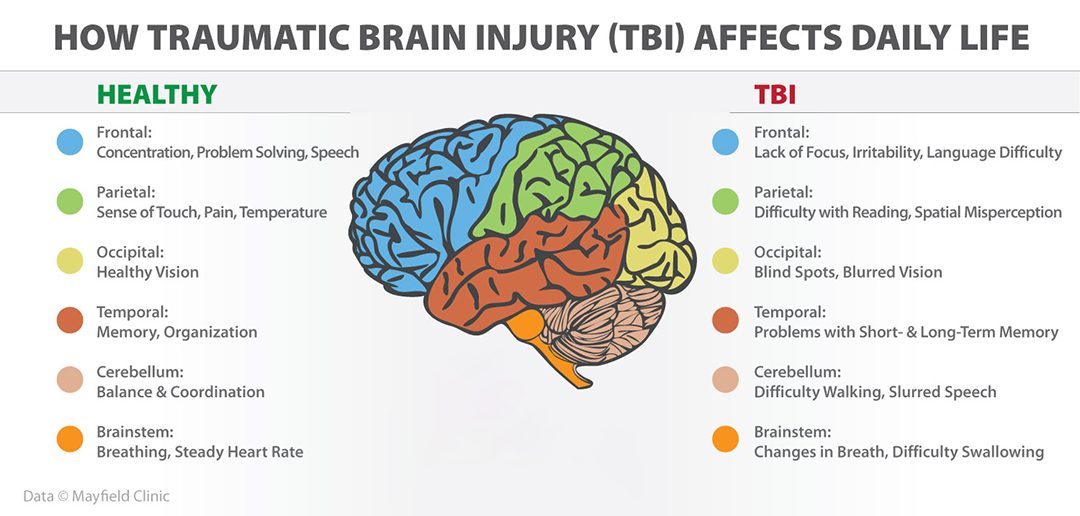
Photo Courtesy of: www.rueziffra.com
TREATMENT
People suffering from a mild TBI (non-traumatic brain injury), such as a concussion, should focus on resting and relieving symptoms. Individuals experiencing headaches can often be treated with over the counter pain relievers. It is important for people with mild TBI’s to wait to resume normal activities until given permission by their doctor. Most people who receive a concussion or other type of brain injury, will most likely be referred for vestibular therapy or vision therapy. Vestibular therapy focuses on improving balance and reducing problems related to dizziness. Vision therapy focuses on improving visual skills such as eye coordination, eye movement control, perception & contrast sensitivity.
DO YOU SUFFER FROM:
- Headaches
- Disorientation
- Unsteadiness
- Dizziness
- Bothered by busy visual environments (e.g. supermarkets)
- Light Sensitivity
- Double Vision
- Blurred Vision
- Loss of place while reading
- Decreased reading comprehension
- Difficulty switching focus
If you suffer from any of the conditions above, give us a call to schedule a Vision Therapy evaluation. Vision Therapy can help to remediate these visual issues and get you back on track to a more comfortable life.
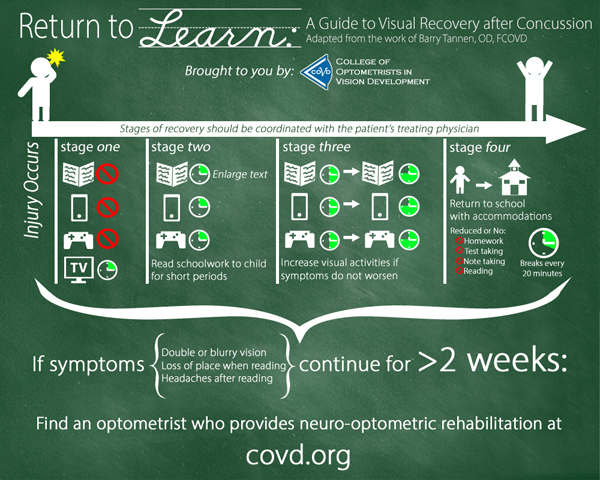
Photo courtesy of: www.covd.org
If you or someone you know is suffering from a concussion or traumatic brain injury and having visual issues, give us a call to schedule your Vision Therapy & Perceptual Evaluation @ 631-740-9384. Visit our website www.twinforksoptometry.com to learn more and read our patient success stories.


